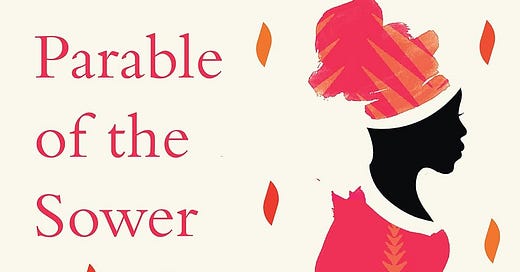7 Books by Women to Read in the Midst of Chaos
Women's History Month can be a time for reflection and resistance.
Hello Family,
Happy Women’s History Month!
It might be a little difficult to be happy this month given all the horrors we’re witnessing unfold around the world. From Alabama to Ghana, from Gaza to Sudan, tremendous efforts are being made to strip human beings of their life and liberty. Various arms of the American government are strategically colluding t…
Keep reading with a 7-day free trial
Subscribe to Witness to keep reading this post and get 7 days of free access to the full post archives.



